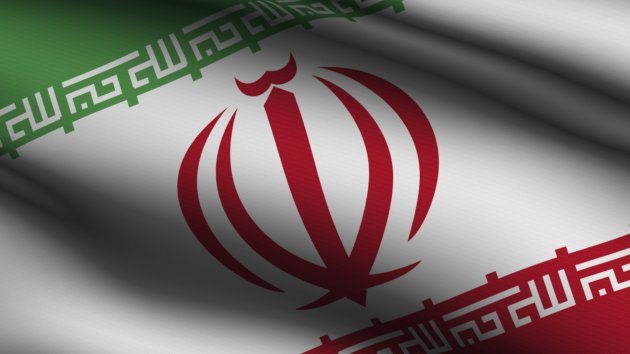Iran’s role in flashpoints like Syria, Lebanon, Iraq and Afghanistan is proving a headache for the West as it tries to normalise ties with Tehran without a trade-off on its contested nuclear drive.
As the Islamic republic prepares for presidential elections on Friday to choose a successor to Mahmoud Ahmadinejad, whose eight years in office have been marked by tough Western sanctions, experts say the West faces a dilemma over the way ahead.
The West “is obliged to co-opt Iran to attain regional stability but on the other hand to also try to halt its nuclear programme by threatening military strikes,” said Clement Therme, a research associate from the Paris-based School for Advanced Studies in the Social Sciences.
Michel Makinsky, who teaches at the ESCM business school in Poitiers, also sees these “contradictory expectations” from the international community.
“It would really like to come to a compromise with the Iranians but the methods used are sometimes counter-productive,” he said.
Iran is staggering under the weight of repeated rounds of international sanctions — targeting oil exports and access to the global banking system — over its disputed nuclear programme. It relaunched a uranium enrichment programme in 2005.
The West fears Iran is seeking to develop atomic weapons, a claim Tehran hotly denies. Over several years of negotiations, Western powers have failed so far to convince Iran to cut back its nuclear programme.
Israel, the Middle East’s sole if undeclared nuclear-armed state, has refused to rule out military action against Iran.
The United Nations’ nuclear watchdog said that Iran constructed a large explosives containment vessel at Parchin in 2000 to conduct experiments that it says would be “strong indicators of possible nuclear weapon development”.
At the start of June the International Atomic Energy Agency said it was not in a position to confirm whether the programme was aimed at peaceful means, as it had not received sufficient cooperation from Tehran.
But the organisation chose not to take any measures against Iran, judging that the time was highly sensitive ahead of the June 14 election.
Washington, on the other hand, unveiled on June 4 aggressive new sanctions targeting the Iranian currency and transactions linked to the automotive industry in the country.
Makinsky said Washington risked the measures being interpreted as a “kind of present” to Saeed Jalili, the hardline conservative presidential candidate and chief nuclear negotiator who “has a tough stance on both internal and external” affairs.
By targeting the rial and the auto sector, a key source of jobs and revenue in Iran, the US may lend credibility to Jalili’s hardline position and give him a boost in the elections.
A European diplomat, speaking on condition of anonymity, said it “would not be the first time that the Americans showed a lack of subtlety.”
Iran is also accused by the West of financing the Lebanese Shiite militant group Hezbollah, whose fighters have been battling along side the troops of Syria’s embattled President Bashar al-Assad.
France is vehemently opposed to Iran’s presence at a planned peace meeting in Geneva of the Syrian government, the opposition and other leading players.
The proposed meeting is backed by the United States and Russia, Assad’s ally, which wants Tehran to attend.
French Foreign Minister Laurent Fabius has said he is apprehensive that Iran will use the nuclear programme as a bargaining tool at the talks, and voiced his opposition to any “false bargaining”.
Washington has so far remained evasive on any Iranian participation.
There is a growing gap between the France and Britain’s position on the one hand, and that of the US on the other, Therme said.
“In the first two (France and Britain), the new ‘neo-conservatives’ think that it is pointless negotiating with Iran, and that the elections will change nothing because they are restricted,” he noted.
But Therme said the Americans are being “more realistic” as they realise that they need meaningful dialogue with Tehran because they want to avoid being drawn into another conflict as in Iraq or Afghanistan.
Tehran also remains “a key player in Iraq and in Afghanistan. There too, Iran is part of the problem and therefore part of the solution,” Therme said.
Iran is accused of backing Iraq’s Shiite-dominated government, which is increasingly under pressure from Sunni insurgents staging attacks and is also thought to be covertly supplying Afghanistan’s Taliban movement with bombs and weapons.
After 12 years of violence in Afghanistan since the Taliban were ousted from power, pressure is growing for regional powers such as Iran, Pakistan and India to support a peace deal before 100,000 US-led foreign troops withdraw next year.










